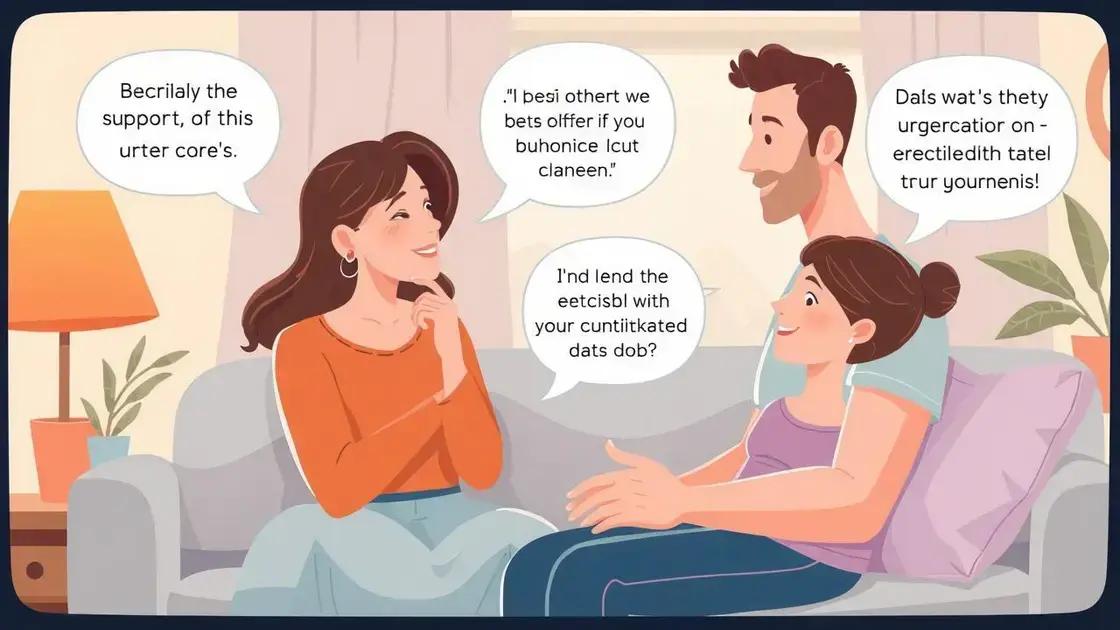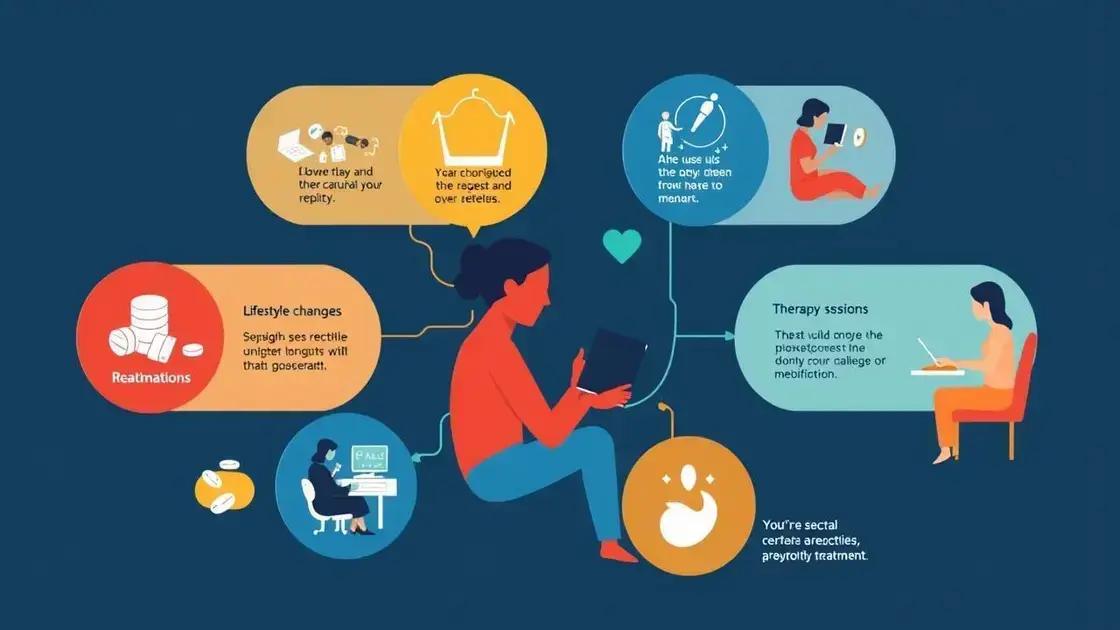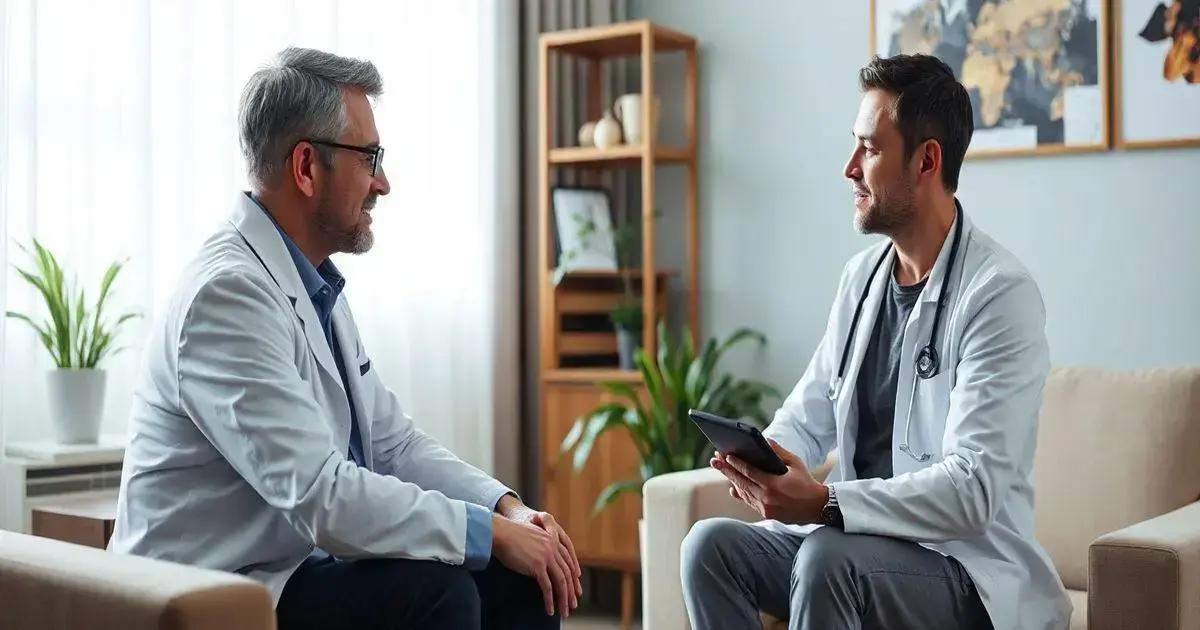Managing erectile dysfunction (ED) in relationships involves open communication, building emotional intimacy, exploring treatment options like lifestyle changes and medications, and seeking professional guidance when necessary. Understanding the condition and supporting each other can enhance intimacy and strengthen the relationship.
Managing erectile dysfunction in relationships can be challenging but essential for maintaining intimacy and connection. Many couples face this issue, impacting their emotional well-being and communication. This article will discuss effective strategies to navigate this sensitive topic, helping you to strengthen your relationship through understanding and cooperation. We’ll explore various aspects, including communication, emotional support, treatment options, and when to seek professional help.
Understanding Erectile Dysfunction

Understanding erectile dysfunction (ED) is crucial for couples facing this challenge. ED is defined as the inability to achieve or maintain an erection sufficient for satisfactory sexual performance. It can significantly influence intimacy and relationship dynamics.
There are various causes of ED, both physical and psychological. Physical causes may include diabetes, heart problems, obesity, and neurological disorders. On the other hand, psychological factors such as stress, anxiety, and depression can also contribute. Addressing the root cause is essential for effective management.
Signs of Erectile Dysfunction
Recognizing the signs of ED can help partners approach the situation with understanding. Common indicators include:
- Difficulty getting an erection
- Trouble maintaining an erection during sexual activities
- A decrease in libido or sexual interest
Impact on Relationships
ED doesn’t only affect physical intimacy; it can also lead to emotional strain. Partners may feel frustrated, rejected, or insecure. Open communication about these feelings can help mitigate misunderstandings. Understanding that ED is a common issue can relieve some of the pressure for both partners.
Many couples find that discussing these challenges together fosters deeper emotional connections. Using supportive language and being patient with each other can strengthen the relationship despite the difficulties.
Next Steps
After understanding the issue, couples should explore possible solutions together. Learning about treatment options and seeking professional help can empower both partners to tackle ED collaboratively.
Communicating with Your Partner

Effective communication is vital when dealing with erectile dysfunction (ED) in relationships. Talking openly about ED can help reduce anxiety and build trust between partners. Start the conversation in a comfortable setting, where both of you feel relaxed and safe.
Choosing the Right Time
Select a time when neither partner is stressed or busy. Avoid bringing up ED during intimate moments, as this can create additional pressure. Instead, find a quiet time for a heart-to-heart discussion.
Be Honest and Gentle
Approach the conversation with honesty and sensitivity. Share feelings, concerns, and thoughts openly. Use non-accusatory language, focusing on how the situation affects both partners emotionally rather than placing blame. For example, say, “I feel concerned about our intimacy” instead of “You never want to be intimate anymore.”
Encourage Questions
Invite your partner to express their feelings and ask questions. Ensure that both partners feel heard and understood. Listening actively can create a safe space for both of you to share emotions and thoughts. Use open body language and maintain eye contact to show support.
Discuss Solutions Together
Explore possible solutions as a team. Talk about your willingness to seek help, such as seeing a doctor or therapist. Reassure your partner that managing ED is a joint effort, and both of you can contribute to finding answers.
Regular Check-ins
Make it a habit to check in with each other about feelings regarding intimacy and ED. This ongoing communication can help maintain open lines throughout your relationship. Celebrate any improvements, even small ones, and continue working together to strengthen your bond.
Building Emotional Intimacy

Building emotional intimacy is essential when managing erectile dysfunction (ED) in relationships. Emotional intimacy strengthens the bond between partners, fostering love and support. Here are some effective ways to nurture this connection.
Share Your Feelings
Openly sharing feelings can enhance emotional intimacy. Encourage both partners to express their emotions, fears, and hopes regarding intimacy and ED. This vulnerability can help build trust and understanding.
Engage in Non-Sexual Touch
Physical affection that doesn’t focus on sexual intimacy can deepen emotional ties. Holding hands, hugging, or cuddling can create a sense of closeness and safety. Make time for these connections outside of sexual activities.
Spend Quality Time Together
Make an effort to spend quality time together. Engage in activities you both enjoy, such as cooking, walking, or watching movies. These shared experiences can help reinforce your emotional bond.
Practice Active Listening
Listening to your partner without distractions shows care and support. This practice helps both partners feel valued. Use reflective listening skills by summarizing what your partner says to show you understand.
Express Affection Regularly
Regularly express affection verbally and non-verbally. Compliments, loving words, and small gestures can help nurture emotional intimacy. Let your partner know they are loved and appreciated even during challenging times.
Exploring Treatment Options

Exploring treatment options for erectile dysfunction (ED) is essential for improving intimacy in relationships. Different treatments can help address the underlying causes of ED and restore sexual function.
1. Lifestyle Changes
Making positive changes in your lifestyle can have a significant impact on ED. Factors like diet, exercise, and sleep play crucial roles. Eating a balanced diet rich in fruits and vegetables, engaging in regular physical activity, and ensuring adequate sleep can improve overall health and sexual function.
2. Oral Medications
Several oral medications are available to treat ED. These include popular options like sildenafil (Viagra), tadalafil (Cialis), and vardenafil (Levitra). These medications work by increasing blood flow to the penis, enabling an erection when sexually stimulated. Consult your doctor to determine if these are appropriate for you.
3. Therapy and Counseling
For many, psychological factors contribute to ED. Counseling or therapy can address issues like anxiety, stress, and low self-esteem. A mental health professional can work with both partners to improve emotional intimacy and resolve underlying concerns.
4. Vacuum Erection Devices
Vacuum erection devices (VEDs) are another treatment option. They create a vacuum around the penis, drawing blood into it and producing an erection. Once an erection is achieved, a ring is placed at the base of the penis to maintain it during sexual activity.
5. Other Medical Treatments
If other treatments are ineffective, options such as penile injections or penile implants may be considered. Injections deliver medication directly into the penis, while implants provide a permanent solution that allows for spontaneous sexual activity. A healthcare provider can discuss these options in detail, including risks and benefits.
Seeking Professional Guidance

Seeking professional guidance is a vital step when handling erectile dysfunction (ED) in relationships. Professionals can provide insights, support, and treatment options tailored to individual needs.
1. Primary Care Physician
Your first stop should be a primary care physician. They can assess your health, identify possible causes of ED, and recommend treatments. Be honest about your symptoms and history to ensure the best care.
2. Urologists
Urologists specialize in male reproductive health. If your primary care doctor finds underlying physical issues, they may refer you to a urologist. These specialists can conduct further tests and offer advanced treatment options for ED.
3. Mental Health Professionals
If psychological factors contribute to ED, consider seeing a mental health professional. Therapists and counselors can help address anxiety, depression, or relationship issues affecting intimacy and sexual function.
4. Sex Therapists
Sex therapists focus on sexual function and intimacy issues. They can help couples explore feelings, improve communication, and enhance emotional connection, which is especially important with ED.
5. Support Groups
Joining a support group can provide comfort and understanding. Connecting with others facing similar challenges promotes shared experiences and offers valuable coping strategies.
In summary, managing erectile dysfunction in relationships
Managing erectile dysfunction (ED) in relationships requires open communication, emotional intimacy, and a willingness to explore treatment options. Understanding the condition and its impact on both partners is vital for fostering a healthy relationship.
By communicating effectively, building emotional connections, and discussing treatment options, couples can strengthen their bond and improve intimacy. Seeking professional guidance can also provide valuable support, helping to address both physical and psychological aspects of ED.
Ultimately, approaching this challenge together can lead to a deeper understanding and a more fulfilling relationship.
FAQ – Frequently Asked Questions about Managing Erectile Dysfunction in Relationships
What is erectile dysfunction?
Erectile dysfunction (ED) is the inability to achieve or maintain an erection sufficient for satisfactory sexual performance.
How can couples communicate about ED?
Partner communication can be improved by choosing a comfortable time, being honest, and encouraging open dialogue about feelings and concerns.
What are some treatment options for ED?
Treatment options for ED include lifestyle changes, oral medications, vacuum erection devices, therapy, and more advanced medical treatments.
When should I seek professional help for ED?
It’s advisable to seek professional guidance if ED persists, especially if it’s affecting emotional intimacy and relationship satisfaction.
How can emotional intimacy help with ED?
Building emotional intimacy enhances trust and connection, providing a supportive environment that can ease anxiety around sexual performance.
Are there support groups available for couples dealing with ED?
Yes, support groups can help couples connect with others experiencing similar challenges, providing valuable resources and encouragement.













